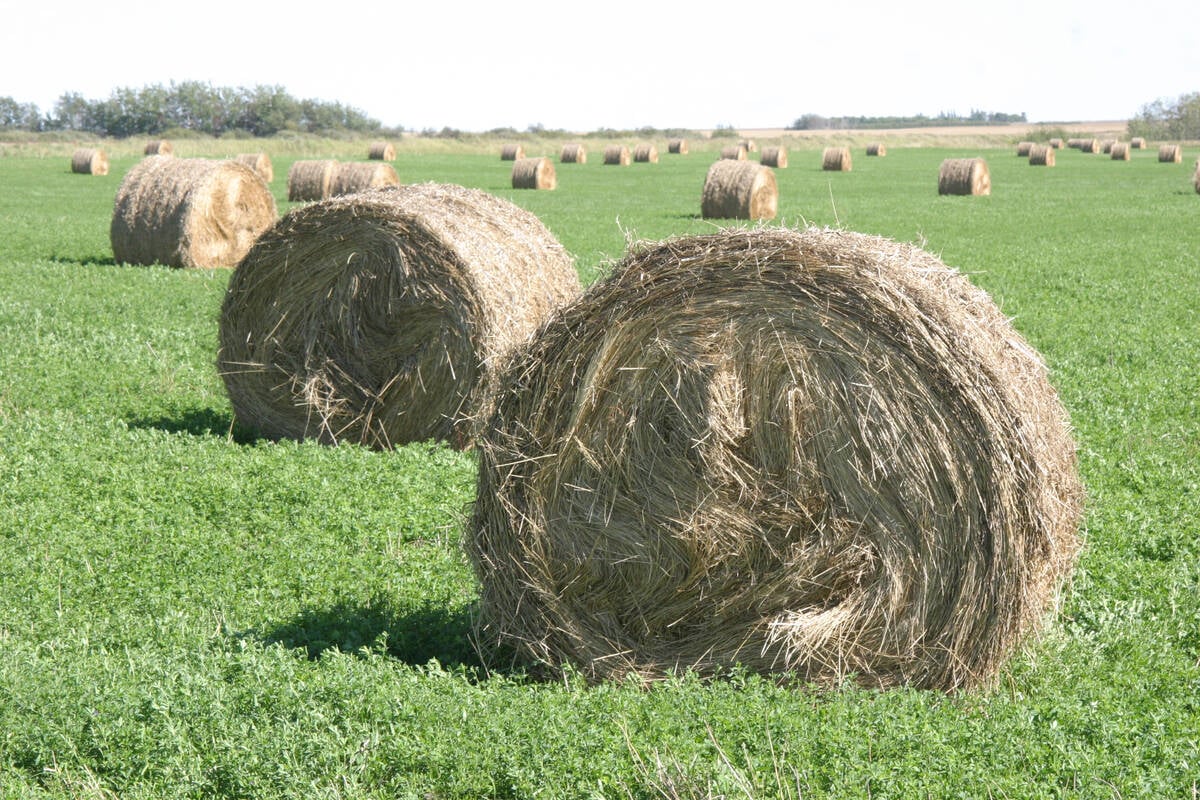A vaccine for cattle designed to protect people from E. coli infections is expected to be approved within months.
The Canadian Food Inspection Agency CFIA said the E. coli O157:H7 cattle vaccine now meets the efficacy and safety requirements for full licensing, said Graeme McRae, president of Bioniche Life Sciences in Guelph, Ont., which developed the product.
“The components that were approved show that it is safe in cattle,” he said.
The vaccine works differently than other vaccines. Rather than protecting the vaccinated animals, it prevents humans from becoming ill by reducing the bacteria in cattle, curtailing how much is passed along to humans.
Read Also

Breaking down successful winter feeding into six steps
It’s that time of year when it is important to start planning for a cow herd’s winter feeding program. Here are six steps I think are necessary to consider when getting your feed tested.
Approval has been a long time coming. While it can be tested on cattle, its effectiveness cannot be tried on humans.
Canada required a control challenge where a large group of cattle were used in the trial at the Vaccine and Infectious Disease Organization at the University of Saskatchewan.
The study showed a significant reduction in the number of bacteria shed by vaccinated animals. About 30,000 animals have been involved in the drug trial in Canada and the University of Nebraska. If the animals do not pass on bacteria in their feces, it is less likely they will infect meat or other food.
Bioniche must complete tests on three pre-commercial batches to verify consistency of manufacturing processes.
The company is also working to meet the requirements for a U.S. conditional licence. If approved in North America, licensing would be sought in Europe, South America and Asia.
The vaccine would be administered in three doses at cow-calf operations, feedlots and dairy barns. It has a 60 day withdrawal period before vaccinated animals can be slaughtered for food.
Food recalls due to E. coli O157:H7 contamination continue to be a concern in beef, produce and prepared food.















